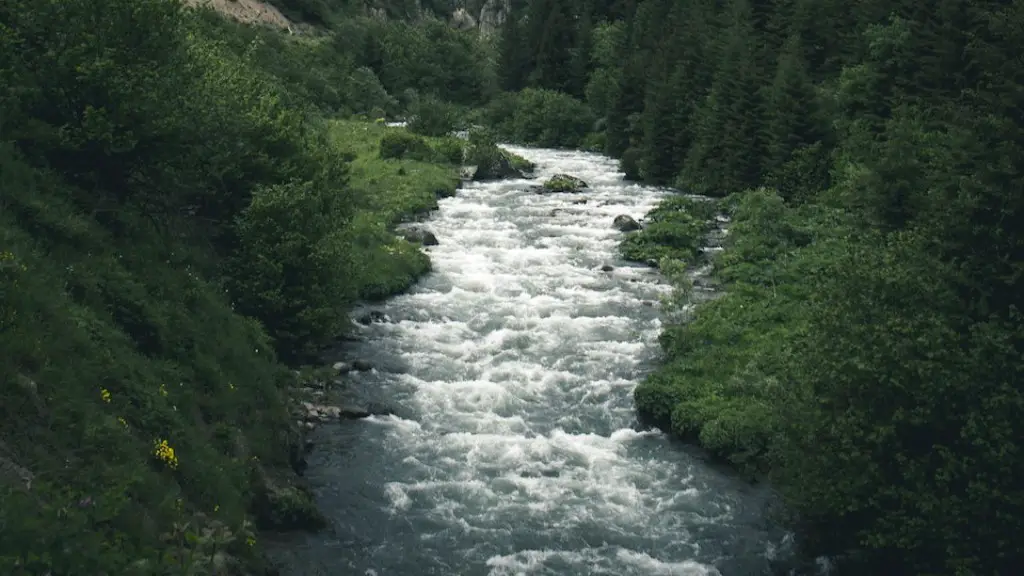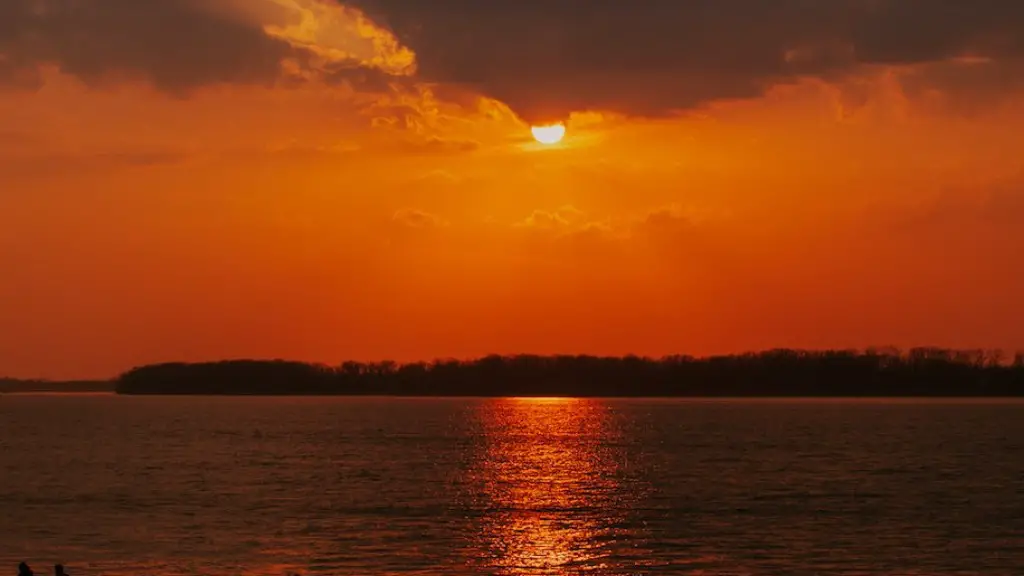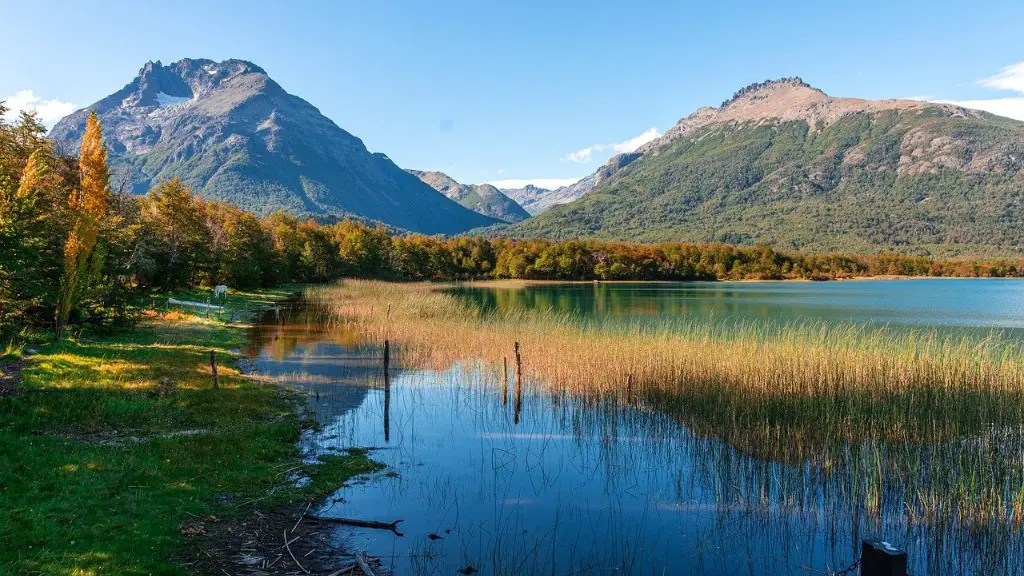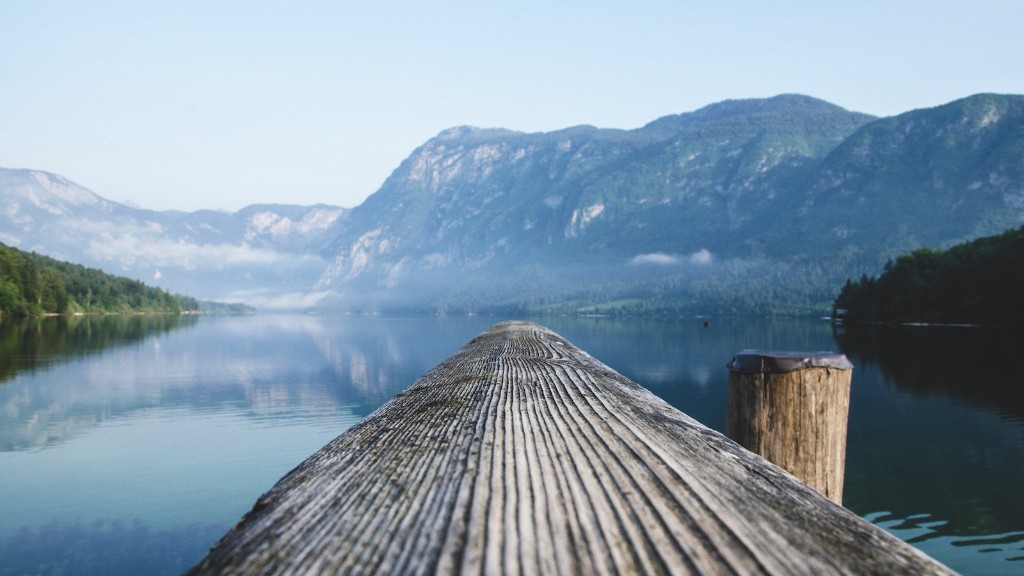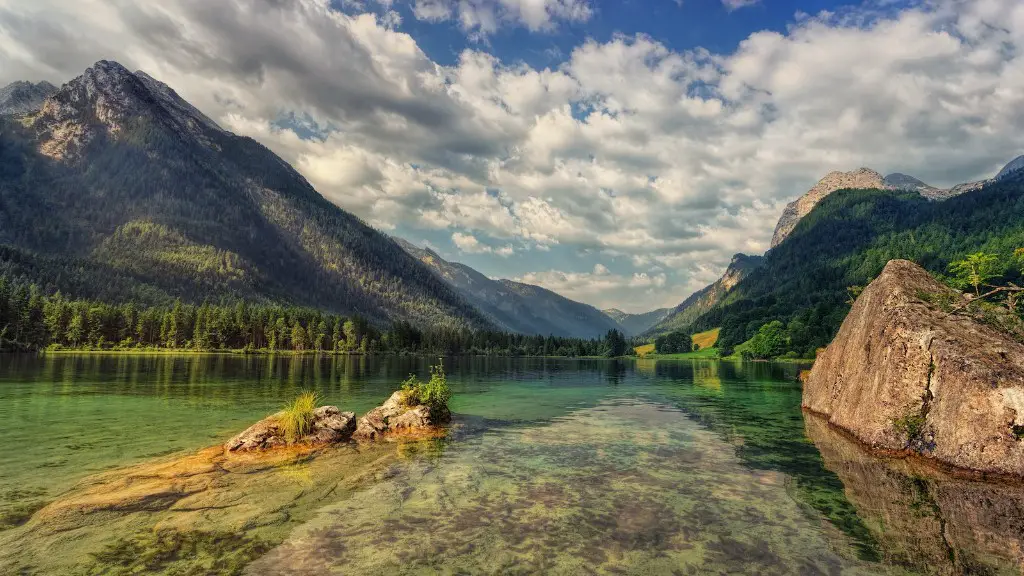The Mississippi River is an integral part of life in the United States and beyond, offering transportation, recreation, geography and more. Unfortunately, it’s no secret that the Mississippi River is running dry. Climate change, increased use and other factors have led to the river’s water levels dropping dramatically in recent years.
According to a 2018 article from the World Resources Institute, river flow is “more than 15% lower today than it was during the late 19th century.” This means depleted water supply for farming, industry, tourism and more. Water levels are also decreasing along the three main tributaries which, when combined, make up the majority of the river itself.
To make matters worse, environmental experts are warning that lack of fresh water could become the leading cause of death and disease in the world by 2050. The implications of a dry Mississippi could therefore be catastrophic.
Accord to USGS
According to data released by the United States Geological Survey, the biggest contributor to the Mississippi River’s water loss is drought. Over the past few years, the region has seen below-average precipitation which has impacted the river’s water levels.
Another major factor contributing to the river’s low water levels is increased water usage. As towns and cities along the Mississippi River use more water, there is less for the river itself. According to the USGS, demand for water for irrigation, power production, navigation, and households has also contributed to the low water levels.
Unfortunately, the result of this is a dry river and its associated consequences. This includes a reduction in the water available for various human activities, an increased risk of drought, and reduced water-dependent wildlife and vegetation along the banks of the river.
Impact on Wildlife
Another issue caused by the lack of water in the Mississippi River is the impact on wildlife. Fish, birds, and small mammals rely on the river for an essential source of food and shelter. If the river runs dry, these species could be left without access to the resources they need to survive.
Furthermore, the lower water levels are also impacting the ability of migratory animals along the river to reach their breeding grounds. This could result in a decrease in overall animal populations, as well as a decrease in biodiversity in the region.
This is also concerning for the human populations living along the Mississippi due to the potential health and environmental risks that come with a drop in the river’s water levels. Increased levels of sediment and other pollutants could be released into the water, affecting local communities and ecosystems.
Effects on Businesses
The Mississippi River is also an important source of business and recreation for the population of the United States. The river is a major source of transportation, with barges and other vessels carrying goods from one side of the country to the other.
But as the river’s flow decreases, the efficiency of these transport channels decreases as well. This can have a major effect on businesses who rely on the river for the transportation of their goods, as well as those who rely on it for recreational activities.
If the river continues to run dry, the economic and social implications could be disastrous. Businesses could suffer, as could the livelihood of those living in the region.
Solution
The good news is that there are solutions to the problem of low water levels in the Mississippi River. Experts recommend increased conservation measures, such as improving water efficiency, increasing water recycling and reducing water pollution.
Additionally, governments and industry stakeholders can work together to find new ways to reduce water usage and implement regulations to ensure the long-term sustainability of the river. This includes understanding the effects of climate change on the Mississippi and putting measures in place to mitigate its effects.
The startling truth is that the Mississippi River is running dry and that there is no single solution to the problem. It will take a collective effort from all stakeholders to ensure the river is healthy and sustainable for generations to come.
Conservation Efforts
To ensure the future health of the Mississippi, it is important for the general public to be involved in conservation efforts. By taking steps such as reducing water waste and being mindful of the river’s natural resources, all of us can help to protect the river.
Additionally, everyone can do their part to educate and inform their families and friends about the importance of sustainable water use. This includes simple things like turning off the tap while brushing your teeth, or taking shorter showers.
In addition, it is key to continue to support local and national organizations, such as river conservation groups, that are dedicated to the protection of the Mississippi River and its ecosystem.
Encourage Change
Low water levels in the Mississippi River are serious matter that should be taken seriously. We must all take action to create change and protect the future of the river and its wildlife.
By educating ourselves, implementing simple conservation techniques and supporting the efforts of those organizations dedicated to protecting the river, we can each do our part to restore the river to its former glory.
Protecting the River
To protect the Mississippi River, everyone must take responsibility. Whether it’s individuals, governments or industry leaders, we all have a role to play.
We must all strive to understand the environmental and economic implications of the river’s water loss and use our collective power to ensure the river is healthy and sustainable in the years to come.
Conclusion
The water levels of the Mississippi are slowly but surely declining. Despite the complexity of the issue, solutions exist. It is up to each one of us to take a stand and find our own way to contribute to the conservation efforts.
